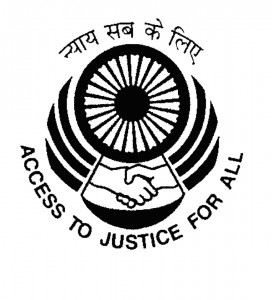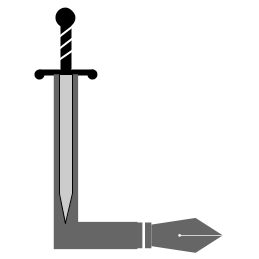The Hussainara Khatoon Case 1979
Constitutional Provisions dealt with:
- Article 14 Equality before law and Equal Protection of the Laws
- Article 21 Right to Life and Personal Liberty
- Article 39A Free Legal Aid
Famous for:
- Right to Speedy Trial read into Article 21
- Introduction of the Legal Aid Services Programme for Free Legal Aid to under-trials
Summary of Facts:
Release of under-trial prisoners in Bihar, some of whom had been imprisoned as under-trials for terms longer than the maximum punishable imprisonment period under the law, waiting for the trial procedure.
Summary of Judgement:
-
Free legal services to the poor and the needy is an essential element of any ‘reasonable fair and just’procedure. A prisoner who is to seek his liberation through the court’s process should have legal services available to him.
- Article 39A also emphasises that free legal service is an inalienable element of ‘reasonable, fair and just’procedure for without it a person suffering from economic or other disabilities would be deprived of the opportunity for securing justice. The right to free legal service is therefore, clearly an essential ingredient of ‘reasonable, fair and just’ procedure for a person accused of, an offence and it must be held implicit in the guarantee of Art. 21. This is a constitutional right of every accused person who is unable to engage a lawyer and secure legal services, on account of reasons such as poverty, indigence or incommunicado situation and the State is under a mandate to provide a lawyer to an accused person if the circumstances of the case and the needs of justice so require, provided of course the accused person does not object to the provision of such lawyer.
-

Legal Aid Services
The urgent necessity of introducing a dynamic and comprehensive legal services programme impressed upon the Government of India as also the State Governments.
- The State cannot avoid its constitutional obligation to provide speedy trial to the accused by pleading financial or administrative inability. The State is under a constitutional mandate to ensure speedy trial and whatever is necessary for this purpose has to be done by the State. It is also the constitutional obligation of this Court, as the guardian of the fundamental rights of the people as a sentinel on the qui-vive, to enforce the fundamental right of the accused to speedy trial by issuing the necessary directions to the State which may include taking of positive action, such as augmenting and strengthening the investigative machinery, setting up new courts, building new court houses, appointment of additional judges and other measures calculated to ensure speedy trial.
Cases cited in the judgement:
- Maneka Gandhi v. Union of India 1978
- M.H. Hoskot v. State of Maharashtra
Important Quotes from the Judgement:
The poor in their contact with the legal system have always been on the wrong side of the law. They have always come across “law for the poor” rather than “law of the poor”.



plz add some more info abt d case …
Add details about the case
Police against Case filed give me some Supreme Court or high court judgements madam or sir
Plzz add Husna ara case1979 video